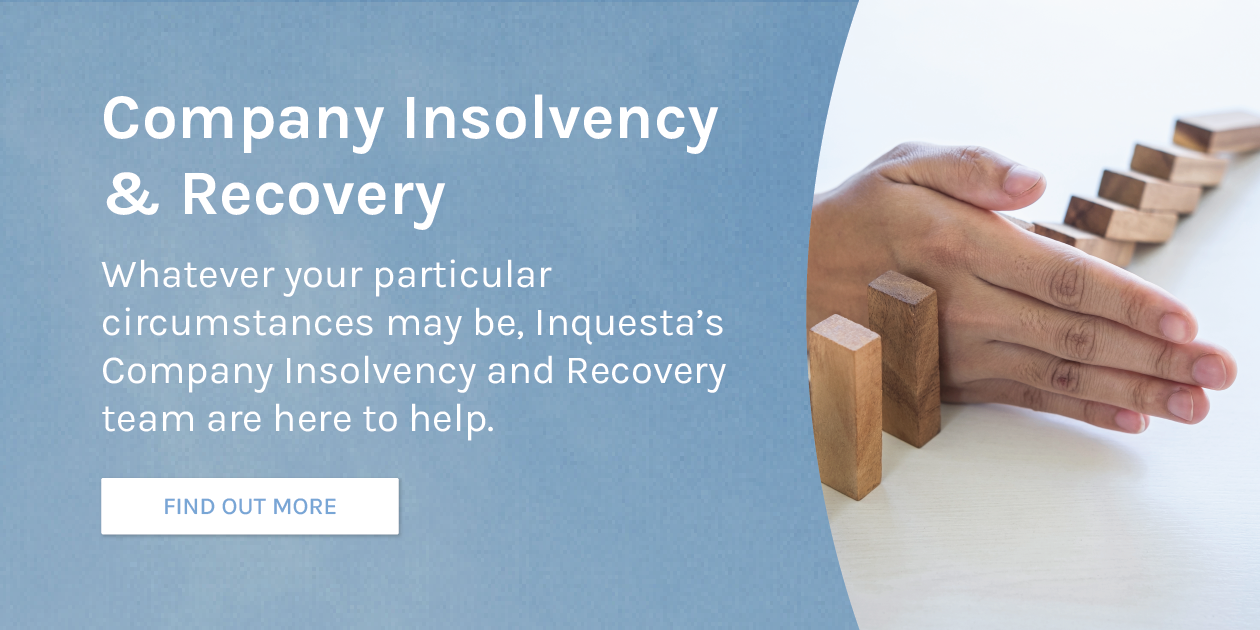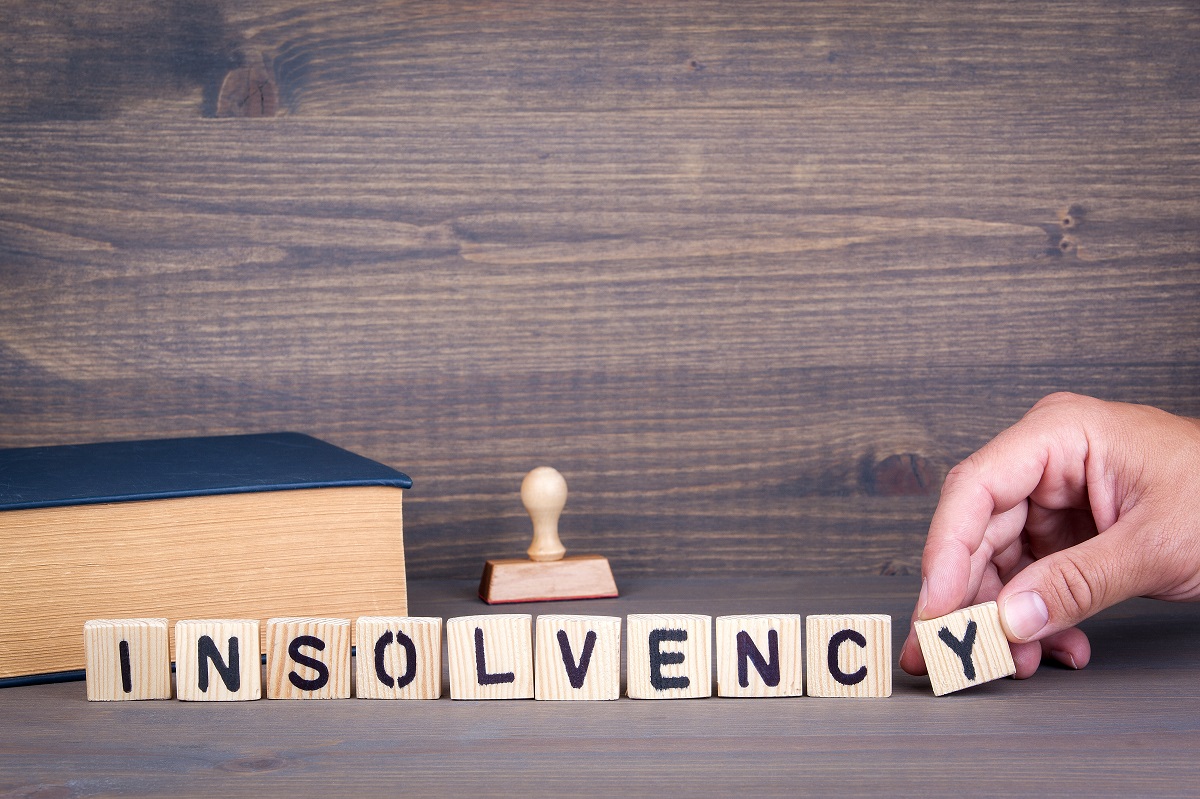The Ultimate Guide To Insolvency Practitioner
What Does Insolvency Practitioner Do?
Table of ContentsThe Basic Principles Of Insolvency Practitioner The smart Trick of Insolvency Practitioner That Nobody is Talking AboutInsolvency Practitioner Things To Know Before You BuyHow Insolvency Practitioner can Save You Time, Stress, and Money.The 20-Second Trick For Insolvency Practitioner
Whether or not you need to utilize an insolvency specialist (IP) to liquidate your company relies on various aspects. While involving an insolvency expert for all types of liquidation is not a lawful requirement, doing so can typically simplify the procedure and make sure compliance with lawful needs. Liquidating a business is a crucial choice that includes significant repercussions.
It is a procedure utilized when a business does not have any creditors, or all of their financial institutions can be repaid in complete with legal rate of interest. Understanding the different kinds of bankruptcy procedures can assist you identify the very best strategy for your business's liquidation or various other official bankruptcy treatments itself.
This is required in order to abide by lawful requirements - Insolvency Practitioner. This is since IPs have the necessary qualifications and experience to ensure that the liquidation process is conducted in accordance with all appropriate legislations and laws. By engaging an accredited bankruptcy specialist, you can have comfort recognizing that your firm's liquidation procedure will be dealt with expertly and in conformity with the relevant legal needs
The Ultimate Guide To Insolvency Practitioner
The bankruptcy professional is assigned as a liquidator and is accountable for managing the business and liquidator's financial obligations exceptional responsibilities and properties. This procedure entails selling the business's properties and dispersing the earnings to creditors. Upon completion of the procedure, the business is removed from the register at Companies Home.
Failing to do so can cause individual liability for the firm or director for the lender's debts. Voluntary liquidation, which includes Financial institutions' Voluntary Liquidation (CVL) and Participants' Voluntary Liquidation (MVL), is launched by the business's supervisors and investors when they can no much longer pay their debts. In a CVL, the bankruptcy specialist is marked as the liquidator, in charge of taking care of company financial obligations and all firm assets.

The Best Guide To Insolvency Practitioner
By examining the know-how and experience of possible insolvency experts, you can guarantee that you choose a professional that has the necessary certifications to manage your business's liquidation procedure efficiently. While bankruptcy practitioner-led liquidation is usually the most ideal strategy for business dealing with insolvency, there are alternative techniques to take into consideration, such as striking off and partial liquidation.
It's vital to assess all offered options before determining on the following finest remedy or strategy for your business. Striking off firms' registers is a much more uncomplicated and economical way to shut dormant or small firms with no financial obligations or possessions. To strike off a firm, its name is removed from the Business Home register by sending form DS01.
Prior to opting for striking off, it's vital to evaluate the advantages and downsides of this method and think about whether it's the right choice for your company. Partial liquidation is one more option to insolvency practitioner-led liquidation, wherein a business sells off particular assets and responsibilities while remaining to operate with the continuing to be possessions and liabilities.
An Insolvency Professional will certainly be able to encourage you of the most effective strategy to take and make sure that every little thing runs smoothly. It is not feasible to liquidate a business without a liquidator. Selecting an authorized bankruptcy expert is needed for the process of volunteer liquidation to begin.
The Greatest Guide To Insolvency Practitioner
It is possible to shut and liquidate your business without utilizing a liquidator, offered your business is solvent and you fulfill the eligibility requirements to liquify or liquidate it. If your company is financially troubled, you might be called for to use a liquidator and start formal bankruptcy procedures. Right here are a few other helpful posts relating to firm liquidation in the UK:.
Remaining in a placement where you're incapable to pay your business's lenders is try this site incredibly stressful. In an effort to prevent increasing the degree of financial debt, lots of business attempt to work out straight with their creditors and consent to a casual plan. If the debt is fairly little and owed to one financial institution, and the Get the facts creditor is being participating, participating in an casual financial debt setup is most likely the most effective option, as opposed to browsing the web for 'an insolvency practitioner near me'.
On the other hand, if there are several financial institutions and the degree of debt is large, creditors might not be so prepared or participating. To avoid liquidation or insolvency, it is far better to work with a bankruptcy expert to attract up formal propositions and bargain with creditors in your place.
The 9-Minute Rule for Insolvency Practitioner
Whilst it is a way to handle debt, there are substantial dangers included with this sort of financial debt plan - Insolvency Practitioner. If a creditor agrees to participate in a casual setup (IA) whereby the debtor has actually accepted make regular, if reduced, settlements to repay the financial debt, it is essential to stick to the agreement

The financial institution is within their rights to back out of the contract and application the courts for your firm to be liquidated at any type of time. A formal plan that has been recommended by a bankruptcy professional top article on your behalf, and agreed by a creditor, offers a much more secure option.